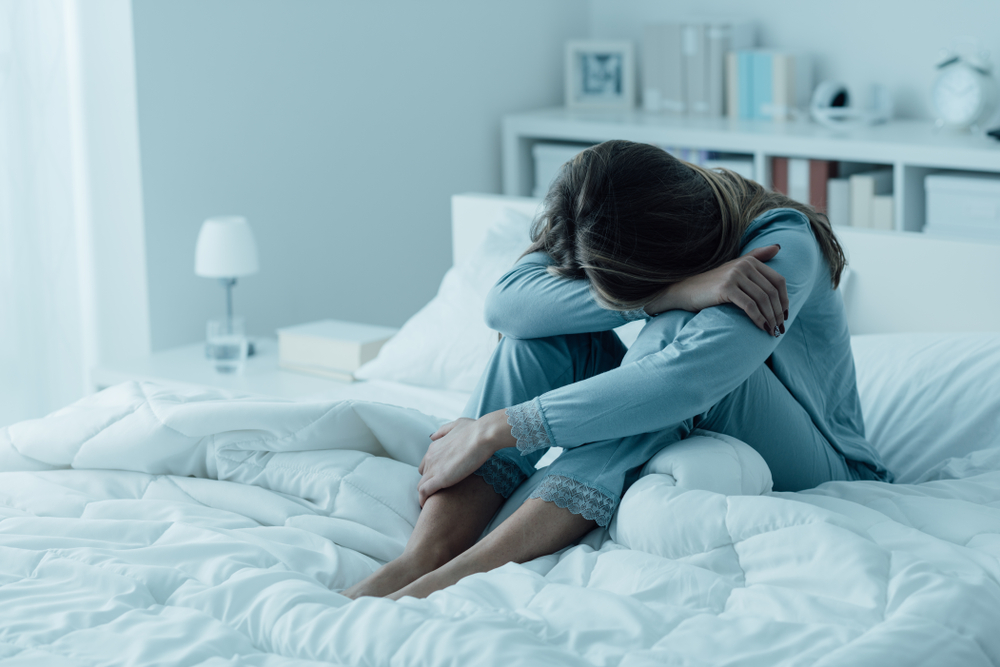This last year is one of the harder ones for most people. The COVID-19 pandemic has changed the human population, especially in how we think. People are in general more anxious and pessimistic than they used to be. Is this shift a result of the pandemic in general, or is there something more to the situation? Scientists suspect the coronavirus has more of a hand in it than we thought.
Studies have shown that people infected with COVID-19 are more likely to develop chronic depression, anxiety, or other mental disorders. While scientists have not determined what the correlation is, there are some factors to consider in this scenario. This article will touch on some of those factors.
Factoring in Social Distancing
The evidence from multiple reports (including in the UK and in Ecuador) has shown the increased risk of mental illness from contracting the virus, but none have found a conclusive cause for this increased risk. The ninety-nine thousand dollar question is this: Is the increased risk another side effect of the virus itself, or of the coronavirus pandemic?
What we do know for certain is quarantining can increase an individual’s stress and anxiety level. This is because of the lack of social interaction (humans are social creatures after all). Another factor to consider is the stress of a COVID-19 diagnosis.
As Julia Ries says in her article, “Simply being diagnosed with a novel, potentially life-threatening disease can trigger stress and anxiety.”
Regardless of whether this risk is caused by the illness itself, or by quarantining, they are risks that COVID-19 patients need to be aware of.
Effects of Anxiety and Depression
What are some of the long-term effects of chronic illnesses such as depression and anxiety disorders? One of the biggest side effects of depression is a loss of interest in activities that used to bring peace and joy. Depressed patients often experience insomnia, weight gain or weight loss, and severe mood swings.
Anxiety and depression tend to go hand in hand, though anxiety tends to manifest into symptoms such as panic attacks, fatigue, excessive worry, etc. Both of these health conditions take a huge emotional toll on people, so it is necessary for you to do what you can to help manage the symptoms.
Managing the Stress of Isolation
The best thing you can do in the midst of quarantine is managing the amount of stress your body and mind are going through. Isolation is hard on the human mind, but a way to combat loneliness is by making frequent phone calls and video chats to your loved ones. Doing this relieves stress as well as lifts your mood.
Another solution is to join an online support group. Having a group of people who understand what you are going through can lift the burden of isolation.
Contact a Mental Health Professional
If you suspect you are experiencing mood disorders due to an after-effect of the coronavirus, reach out to a mental health professional as soon as possible. We offer counseling services at an affordable rate.
Contact us for counseling services, or more information on COVID-19.




